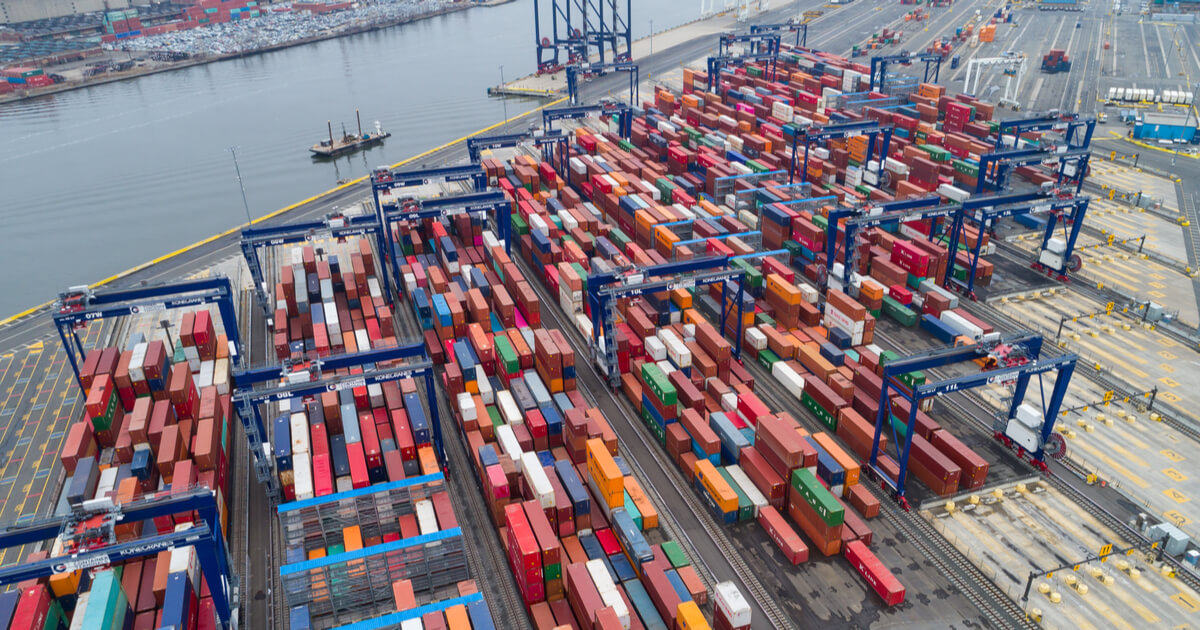
Reliance on port systems unable to effectively handle a post-pandemic increase in containers exposed supply chain weaknesses. Although truck drivers managed to shepherd the country through the peak of the health crisis and deliver enough goods and materials as it waned, the country faces uncertainty heading into the dog days of summer.
Massive power outages are expected to plague the Midwest and West Coast as increased electricity usage spikes during the hot summer months. Although areas of California routinely experience brown-outs during July and August, other states will feel similar pain points due to supply chain-related materials shortages. Midcontinent Independent System Operator oversees the power grid from Minnesota to Louisiana and the entity recently released a warning.
“We’re doing a lot more splicing, putting cables together, instead of laying new cable because we’re trying to maintain our new cable for inventory when we need it,” Nick Akins, chief executive of American Electric Power reportedly said.
Rolling blackouts may be necessary to preserve the integrity of the system during peak use. Freight haulers may run into fuel stations unable to distribute diesel as power outages hit the western half of the U.S.
Propane Cylinder Changes Ahead
A recent Wall Street Journal opinion piece highlights another rising supply chain problem. It appears the Environmental Protection Agency (EPA) plans to ban lightweight, non-refillable propane cylinders effective July 1, 2025. The products are widely used in rooftop HVAC systems and employees are tasked with carrying them up flights of stairs. Worthington Industries produces the vast majority of domestically-made cylinders that weigh about 35 pounds.
These would be phased out and only refillable cylinders 50 pounds or heavier would be allowable. Consumers can anticipate a spike in propane cylinder costs passed along by the sting of the impending rule changes. Supply chains will have to make another correction to accommodate bigger cylinders as a glut hits the industry.
West Coast Longshoremen Contract Expires
The labor contract with the International Longshore and Warehouse Union expired Friday, July 1, and the fate of West Coast ports now heads into dangerous waters. The long-standing agreement included a “no-strike” clause that also timed out. Upwards of 22,400 dockworkers can now walk off the job at 29 ports, leaving the country’s supply chain in near ruin.
The White House weighed in on the labor-management talks that have been in the works for months. A potentially deal-breaking issue revolves around management seeking to reduce the workforce by integrating more automation. The parties have already stepped away from the bargaining table once so that cooler heads could prevail. Union port workers have gone on strike in the past over similar impasses. Truckers, freight carriers, and retailers would be well-served to have a Plan B in the event of a supply chain crushing strike.
Sources:
https://www.ttnews.com/articles/where-supply-chain-recovery-stands











Leave a Comment